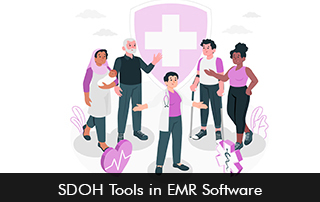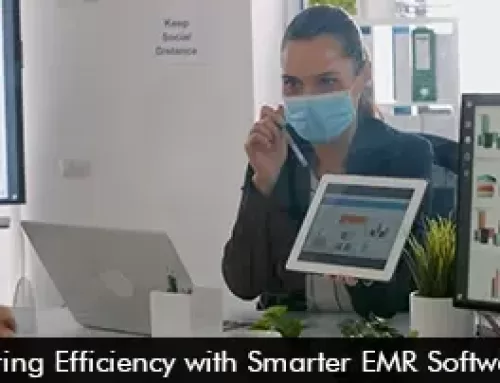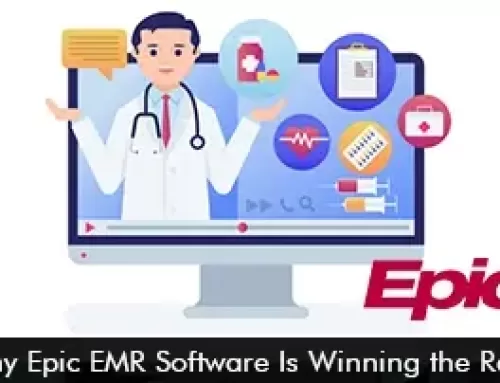Social Determinants of Health, or SDOH, are the non-medical aspects shaping our health. The CDC explains that they encompass the environments where we spend our time – where we live, learn, work, and play. This could mean having access to healthy food, a stable place to live, a good education, a decent income, and a safe community. These factors often have a bigger say in our long-term health and how well we feel than the medical care we receive. To help improve the health of entire populations, healthcare systems today are starting to incorporate SDOH information into Electronic Medical Records (EMR) Software. This gives doctors and other healthcare providers a complete picture of their patients, looking beyond their physical ailments.
The Importance of EMR Software in Gathering Social Determinants of Health Data
Modern EHR Software is designed with sophisticated tools that empower healthcare providers to collect and handle SDOH data right amid patient visits. Through organized templates and surveys within these EMR Systems, caregivers can identify concerns like food scarcity, unstable housing, transportation hurdles, and job situations.
After gathering this data, it’s kept together with the patient’s medical records, creating a full picture of their health. This approach aids in personalized treatment plans and allows for prompt action in situations that could pose significant risks. By incorporating SDOH into EMR Software, healthcare is made more fair and responsive to each patient’s unique life situation.
Predictive Analytics and Decision Support Using Social Determinants of Health
A key strength of SDOH tools in electronic medical records software systems lies in their ability to enhance predictive analytics. By leveraging machine learning and population health features, healthcare providers can uncover trends, identify individuals at risk, and design targeted interventions that account for social factors. Clinical Decision Support (CDS) systems can further utilize SDOH data to suggest relevant community resources or social services, like food banks or housing assistance programs. As highlighted by the CDC, addressing these social determinants improves health outcomes and can lower overall healthcare expenditures, particularly when preventive steps are taken to address social challenges before they escalate into clinical problems.
Empowering Providers to Connect Patients with Resources in EMR Software
The Social Determinants of Health (SDOH) features in EMR Software go beyond just gathering information; they’re about creating a path to take action. Built-in care coordination tools make it easier for doctors to link patients with nearby resources such as social workers, local programs, and support groups. Many EHR Software systems can now send referrals to community organizations in real time, thanks to their ability to share information smoothly. When providers recognize and tackle these social aspects in their treatment plans, they can offer more caring, personalized care to their patients.
In closing
As the healthcare field increasingly adopts a holistic approach to patient care, SDOH tools integrated into EHR Software are becoming indispensable. These tools offer the necessary insights and functionalities to grasp the complete health landscape of a patient and enable actions that extend beyond the clinical setting. Under the guidance of the CDC and with the backing of advanced EMR Software systems, healthcare is progressing towards a future that is more interconnected, empathetic, and impactful.







